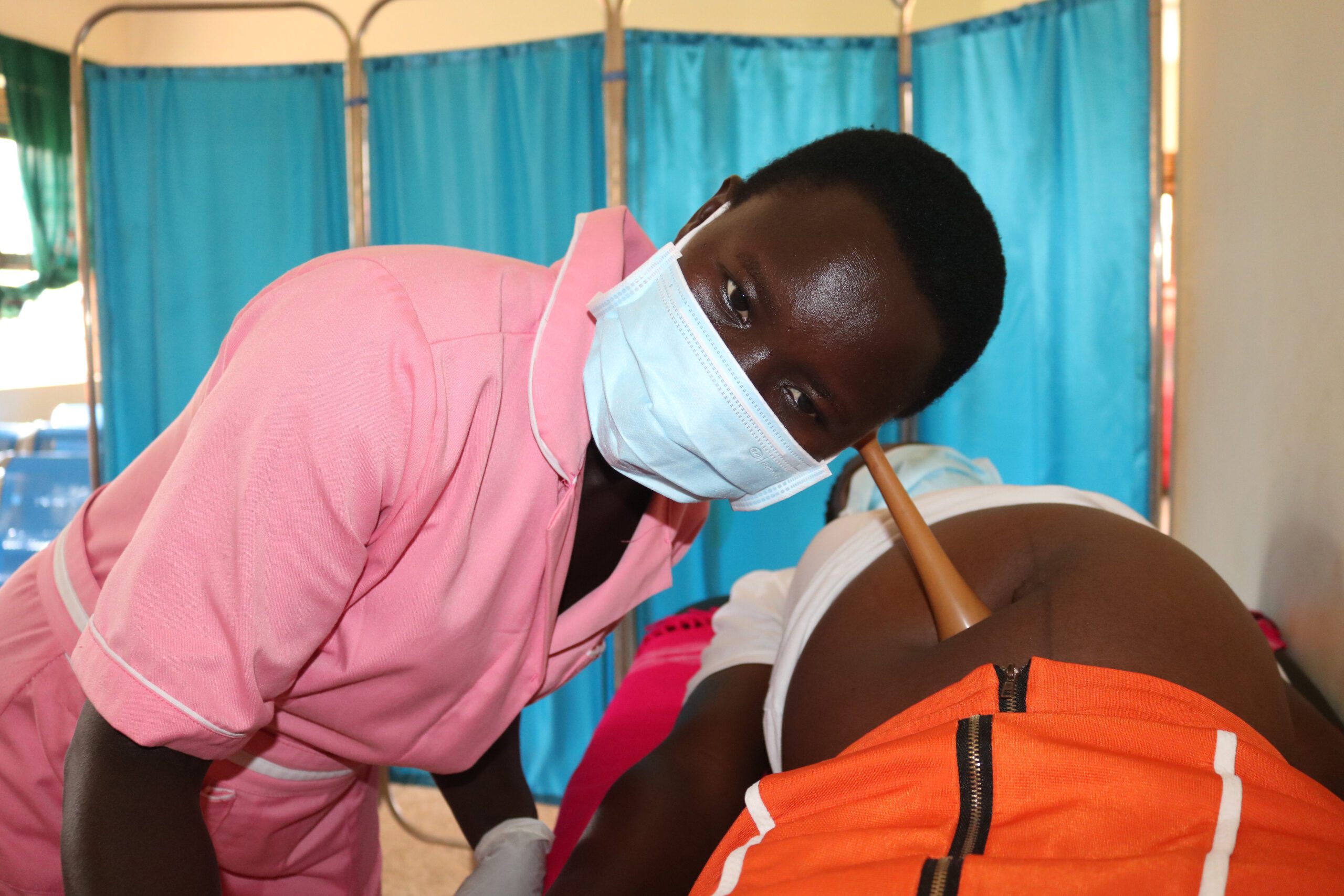Health experts in Uganda are urging expectant mothers to prioritize antenatal care (ANC) classes, citing their critical role in ensuring safe pregnancies and reducing complications during childbirth.
According to health officials from the Ministry of Health, one of the most effective ways to improve maternal outcomes is through timely and consistent attendance of ANC visits, yet only 60% of pregnant women in Uganda complete the recommended four or more ANC visits, as highlighted in the most recent Demographic and Health Survey.
Dr. Jesca Nsungwa, Commissioner for Maternal and Child Health at the Ministry of Health, described ANC classes as a vital platform for both the physical and mental preparation of mothers before delivery.
She pointed out that women who attend at least four recommended ANC visits are more likely to deliver safely under the care of skilled health professionals.
“These classes empower women with knowledge about what to expect during pregnancy and childbirth,” Dr.Nsungwa explained.
“They also offer opportunities for screening, immunizations, and early identification of high-risk pregnancies,” she added.
Dr. Nsungwa also explained that ANC classes provide essential education on fetal development, nutrition, birth preparedness, and the early detection of danger signs. The sessions also include screening for complications, immunizations, and interventions such as HIV testing, malaria prevention, and family planning counseling.
At Mulago National Referral Hospital, midwife Sarah Adoch emphasized the importance of male involvement in antenatal education and said partners who attend with their spouses help create a supportive environment at home.
“When a partner joins these sessions, they understand a woman’s journey better and are more prepared to support her emotionally and practically,” Adoch said.
Despite national efforts to promote maternal health, Uganda still records preventable maternal deaths, many linked to delays in seeking care or lack of adequate information. The challenge is particularly severe in rural areas, where access to maternity services is often limited due to distance and poor infrastructure.
Economic factors also play a role. Some women cannot afford transport or may miss income-generating work to attend ANC appointments. In certain communities, traditional beliefs and myths discourage hospital visits during pregnancy, especially in the early months.
Grace Namakula, a community health volunteer in Mbale, revealed that she has met expectant mothers who say their partners refuse to let them go for check-ups or who wait until labor begins to seek help, which is very wrong.
’’This is so wrong and life-threatening to both the expectant mother and unborn child,’’ Namakula disclosed.
To address these issues, the government and development partners like UNICEF and WHO, among others, have been running community outreach programs, encouraging early attendance, and integrating ANC services with HIV testing, malaria prevention, and family planning counseling to encourage comprehensive care.
Dr. Richard Mugahi, Assistant Commissioner for Reproductive and Infant Health, reaffirmed the government’s commitment, stating, “We are focused on increasing awareness and improving accessibility. Our ultimate goal is to ensure that no mother dies while giving life.”
As Uganda continues to invest in maternal health systems, officials maintain that regular participation in antenatal care remains one of the most effective tools in safeguarding the health and well-being of both mothers and their newborn babies.
